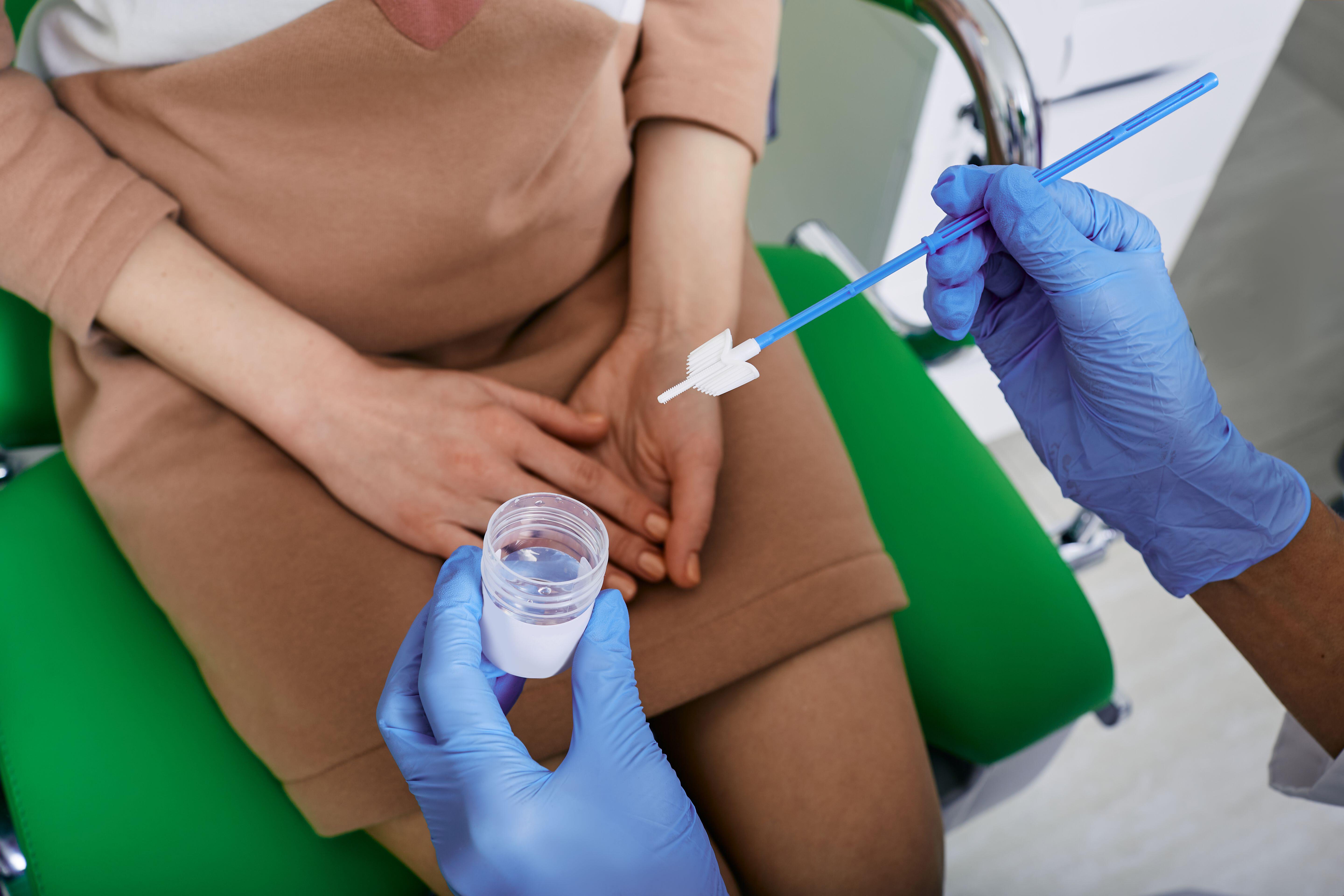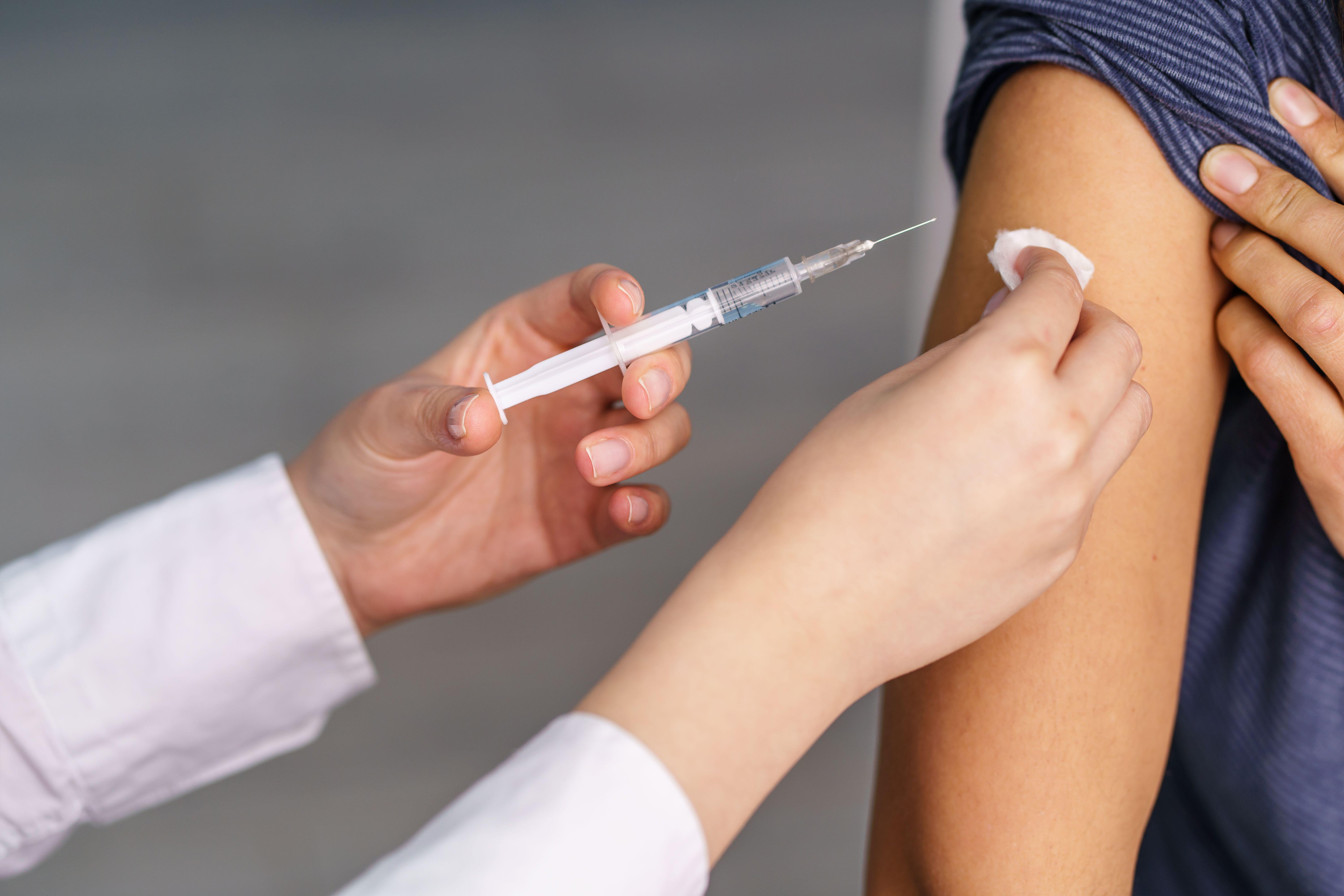Health officials are urging hundreds of thousands of young people to get vaccinated against human papillomavirus (HPV), after it was discovered that more than 418,000 children have left school without protection in the past three years.
The HPV vaccine, routinely offered to boys and girls in Year 8, is a critical tool in the UK's fight to eliminate cervical cancer, with 13 high-risk HPV types responsible for 99.7 per cent of cases.
Beyond cervical cancer, the jab also provides defence against genital warts and specific head and neck cancers, including those affecting the mouth or throat.
In a new push to boost uptake, GP practices across England will now invite 16 to 25-year-olds who did not receive the vaccine during their school years.
NHS England data underscores the significant number of young adults who remain unprotected, highlighting a continuing public health concern.
Dr Amanda Doyle, national director of primary care and community services, said: “This vaccine is hugely important in our fight to eradicate cervical cancer but it isn’t just for girls and women – it’s also vital for boys and men to get vaccinated to protect themselves against cancers of the mouth, throat or genitals, while preventing spreading the HPV infection to sexual partners who could then develop cervical cancer.
“Too many lives are lost to cervical cancer so the hard work of NHS staff across the country in vaccinating and screening as many people as possible will help us to meet our ambition of wiping out this disease.
“Encouraging progress has been made recently in increasing uptake but we know there is much more to do.
“So if you’re eligible for a HPV vaccination or are the parent of a child who is eligible, but didn’t get the vaccine at school when they had the chance, I would urge you to come forward when your GP contacts you.
“Only a single dose is required and it could save you or your child’s life.”

Data shows that in the 2023/24 academic year, some 76.7 per cent of girls and 71.2 per cent of boys aged 14 to 15 were vaccinated against HPV by Year 10.
Uptake in Year 8 increased to 72.9 per cent among girls and 67.7 per cent among boys, from 71.3 per cent and 65.2 per cent respectively a year earlier.
The health service will aim to boost uptake among girls to 90 per cent as part of plans to eliminate cervical cancer by 2040.
It will also aim to increase the number of women attending cervical cancer screening appointments.
Public health minister Ashley Dalton said the vaccine “is our most powerful tool in our fight to eliminate cervical cancer by 2040” but said there is a “long way to go”.
“Thousands of young people are still unvaccinated and vulnerable to this disease – which is so easily prevented,” she added.
Last month, the UK Health Security Agency (UKHSA) warned young women in some parts of England are at greater risk of cervical cancer because not enough children are getting the jab.
Analysis by the agency showed inequalities in vaccine uptake in some regions – by Year 10, HPV coverage in girls was lowest in London (64.9 per cent) and highest in the South East (82.7 per cent).
Among boys, it was also lowest in London (58.9 per cent) and highest in the South East (77.3 per cent).

Meanwhile, at local authority level, Year 10 vaccination levels in girls ranged from 38.7 per cent (Lambeth in London) to 97.6 per cent (Northumberland).
Among boys, it ranged from 28.2 per cent (Lambeth in London) to 92.2 per cent (West Berkshire).
Dr Sharif Ismail, consultant epidemiologist at UKHSA, said: “We know that uptake of the HPV vaccination in young people has fallen significantly since the pandemic, leaving many, many thousands across the country at greater risk of HPV-related cancers.
“This is a real concern as each HPV vaccine, now just a single dose offered in schools, gives a young person good protection against the devastating impact of these cancers, which includes cervical, genital, mouth and throat cancers.
“This new catch-up campaign is a really important opportunity for us to make sure that no teenage girl or boy, young woman or man is denied that protection.”
3 breastfeeding mothers share their top tips for new mums
Painful lumps on teenager’s neck turned out to be rare cancer
Dad’s aggressive brain cancer vanishes after taking new drug
What is spinal cord stimulation? The truth about the back pain treatment
What a skin cancer researcher wants you to know about sun safety
I’m a doctor. This is what you need to know about hepatitis.







